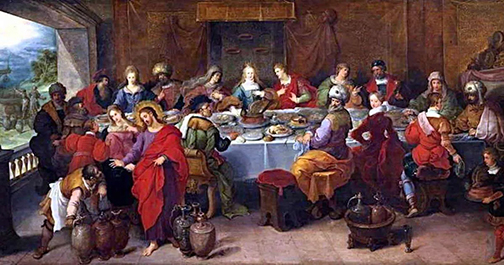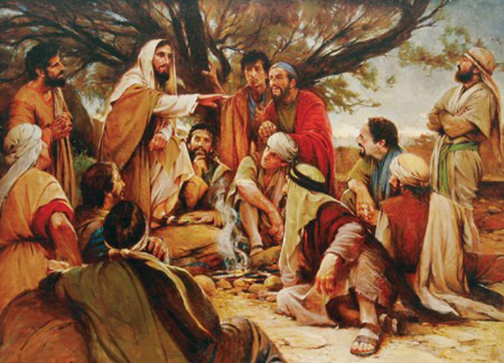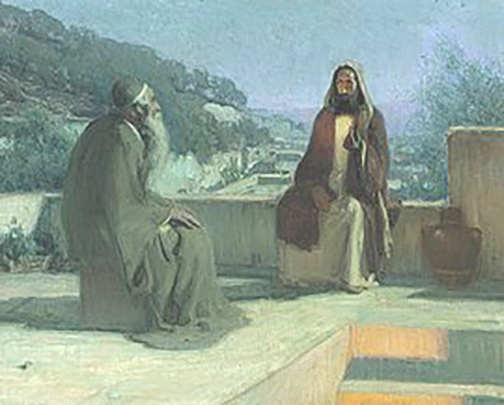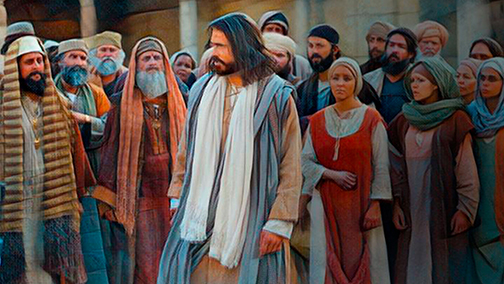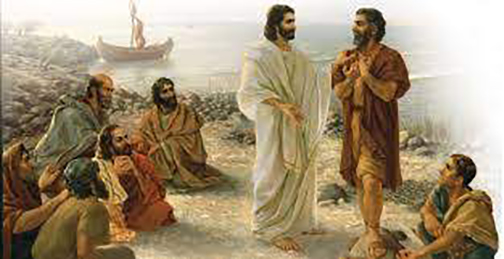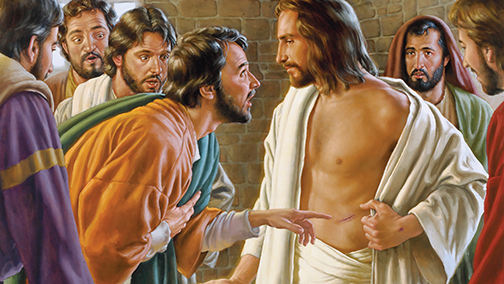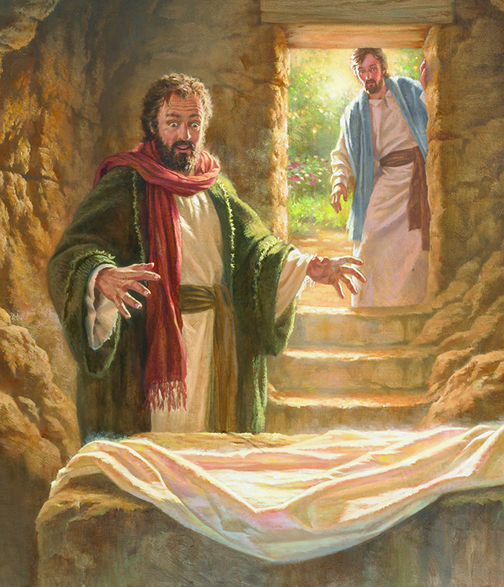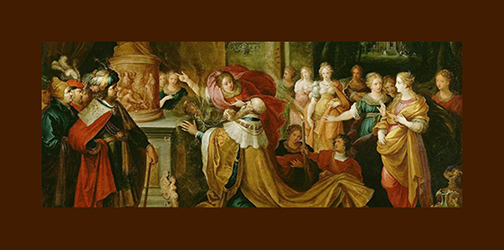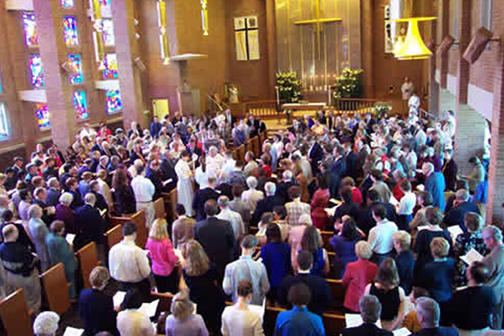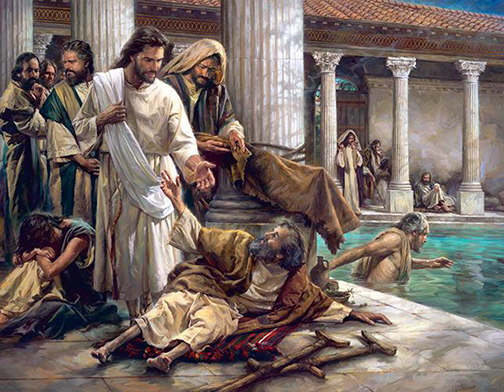
| Therefore, if anyone is in Christ he is a new creation; the old has gone, the new has come! |
| —2 Corinthians 5:17 |
Every new beginning presents a unique set of challenges. Whether that new beginning occurs on a purely personal level, or extends beyond the walls that surround an individual, every new beginning creates a moment of pause.
Songwriters have always found fertile soil on the occasion of new beginnings. Patriotic tunes evoke images of sweeping changes that can affect the lives of thousands of people. Lots of love songs talk about new romance. For example, this familiar song written by Barry Mann and Cynthia Weil, which became a hit for Mama Cass Elliot in early 1970, illustrates my point:
There’s a new world coming,
And it’s just around the bend.
There’s a new world coming
This one’s coming to an end.
There’s a new voice calling,
You can hear it if you try.
And it’s growing stronger
With each day that passes by.
There’s a brand new morning
Rising clear and sweet and free.
There’s a new day dawning
That belongs to you and me.
Yes, a new world’s coming,
The one we’ve had visions of,
Coming in peace, coming in joy, coming in love.
Not a few Christian songwriters have penned words that talk about the deeply significant changes that occur when the Holy Spirit whispers the words of Christ’s eternal love into the heart of one whom God calls to Himself. Even the Apostle Paul talks about new beginnings with an air of excitement and determination in 2 Corinthians 5:17:
Therefore, if anyone is in Christ he is a new creation; the old has gone, the new has come.
Perhaps in your life, or in mine—just hours from the beginning of 2024—we stand at yet another time of new beginning. We seem to have experienced a lot of those kinds of times in the past few years. Haven’t we? It is appropriate, even healthy, to take a moment for reflection and ask ourselves, “How will we respond to this new beginning?
Over the course of my life, like many of you, I have observed lots of changes. A friend remarked recently that one of the few benefits of getting older comes from the fact that, if one lives long enough, he or she begins to observe certain patterns that seem to repeat themselves. I think that’s particularly true at a time of change.
It seems as if people respond in one of three ways to change:
- Some people relish change, look for it, long for it, anticipate it, and glory in it. For these folks, the more change the better.
- The second group of people abhor change. They do everything they can to avoid it. When change inevitably comes, they try to hide from it, resist it, flee from it, dread it, and agonize over it.
- The third group seems impervious to any change. Whether things change or whether they don’t, these folks move forward at a steady pace, following their own muse, keeping on their self-determined path, oblivious to what happens around them, focusing only on their own well-defined world.
I don’t know which category you fit into with regard to change. For the most part, I’m in the second camp. I generally dislike change. In fact, I go to great lengths to try to systematize my life to such an extent that I insulate myself from even the thought of change.
But, do you know what? Change still occurs. And, more often than not, change proves good: good for me, good for those around me, just plain good.
Does any of this resonate with how you feel about change and your response to change? If so, I think you may agree that both you and I need to take this time of “pause,” as we stare over the brink of another new beginning, and ask ourselves some questions.
- To what degree are we willing to allow God to bring about change in our lives?
- Do we understand that, in reality, He is the One who is always in control?
- Are we ready to acknowledge that He has charted a pathway for each of us that He lovingly waits to reveal to us step-by-step?
- Will we respond to His great love for us and consciously yield ourselves daily to His purpose for us, His plan for us, His perfect will for us?
I am certain we need to pray for each other. After all, with us or without us, change is inevitable. Also, history stands as a witness that, whenever we recognize that God is fully in control of all things, change is often healthy, beneficial, spectacular, exciting. life-giving, and good.




